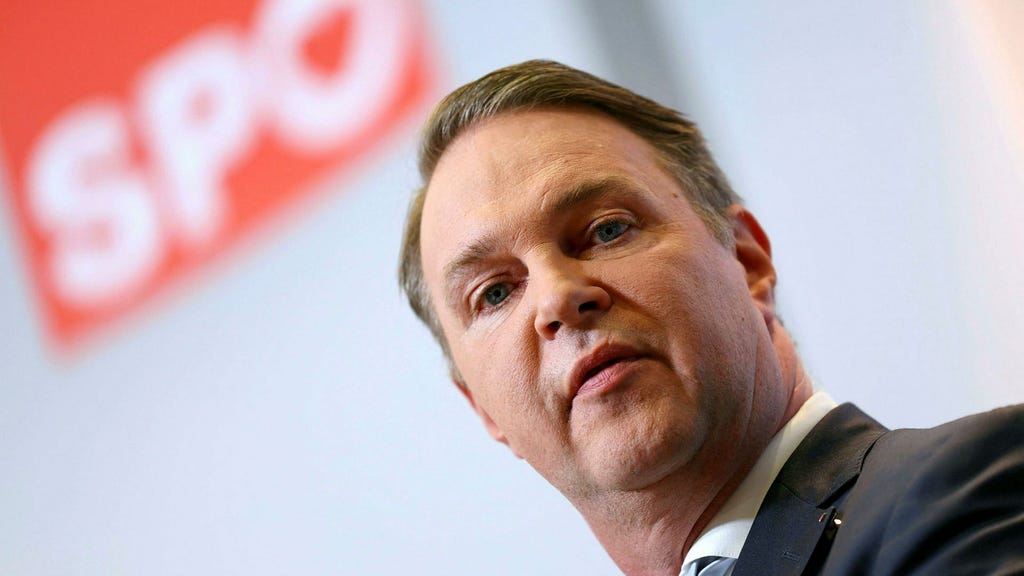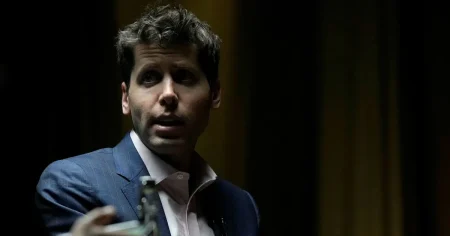The Austrian political landscape is in a state of flux following the collapse of coalition talks between the Austrian People’s Party (ÖVP) and the Social Democratic Party (SPÖ). These two traditional powerhouses, having previously governed together, secured a slim majority in the September parliamentary elections, holding 92 out of 183 seats. Despite this combined majority, the negotiations to form a new government have proven insurmountable, leading to a political impasse and the resignation of ÖVP leader and Chancellor Karl Nehammer. This unexpected turn of events leaves Austria facing uncertainty about its future leadership and the direction of its government. Adding to the complexity is the fact that the far-right Freedom Party (FPÖ) garnered the most votes in the election, albeit not enough to form a government on its own.
The breakdown in negotiations underscores the deep ideological divisions between the ÖVP and SPÖ. While both parties acknowledge the need for a stable government, their differing views on key policy issues proved irreconcilable. Chancellor Nehammer stated that despite exhaustive efforts, bridging the gap on crucial matters was simply impossible. This failure to find common ground reflects the broader political trends in Austria, with the rise of populism and the increasing polarization of the electorate making consensus-building a formidable challenge. The inability to form a coalition government raises questions about the future stability of Austrian politics and the potential for further fragmentation.
The resignation of Karl Nehammer adds another layer of complexity to the already precarious political situation. Nehammer’s decision to step down as both Chancellor and ÖVP leader signals a recognition of the impasse and a desire to allow for a fresh start. This move opens the door for a new leader within the ÖVP to potentially steer the party in a different direction and explore alternative coalition options. The upcoming leadership contest within the ÖVP will be a crucial moment for the party and for Austrian politics more broadly. The choice of the next leader will significantly impact the future direction of the party and its potential to forge new alliances.
Speculation is already rife about potential successors to Nehammer, with names like Karoline Edtstadler and Wolfgang Hattmannsdorfer being mentioned as possible contenders. However, the most controversial potential candidate is undoubtedly Sebastian Kurz, the former Chancellor whose political career has been marked by both meteoric rise and dramatic fall. Kurz, who became the world’s youngest head of government in 2017, resigned from his post in 2021 amid allegations of bribery and corruption. While his return to politics is far from certain, the mere mention of his name highlights the ongoing turbulence within the ÖVP and the potential for a dramatic shift in the party’s leadership.
The shadow of Sebastian Kurz looms large over Austrian politics. His earlier tenure as Chancellor was marked by both significant policy changes and controversy. The allegations of corruption and his subsequent conviction for perjury have left a lasting impact on public perception. Despite his legal troubles, Kurz retains a significant following within the ÖVP, and his potential return to a leadership role would undoubtedly be a highly divisive development. It remains to be seen whether the party will be willing to embrace a figure whose past is so heavily laden with scandal.
The political stalemate in Austria underscores the challenges facing democracies across Europe. The rise of populism, increasing political polarization, and the difficulty of forming stable coalitions are all contributing to a sense of uncertainty and instability. The failure of the ÖVP and SPÖ to form a government highlights the fragility of traditional political alliances and the need for new approaches to governance. The coming weeks and months will be crucial for Austria as it grapples with the fallout from the collapsed negotiations and searches for a way forward in this uncertain political landscape. The outcome will have significant implications not only for Austria but also for the broader European political context.














